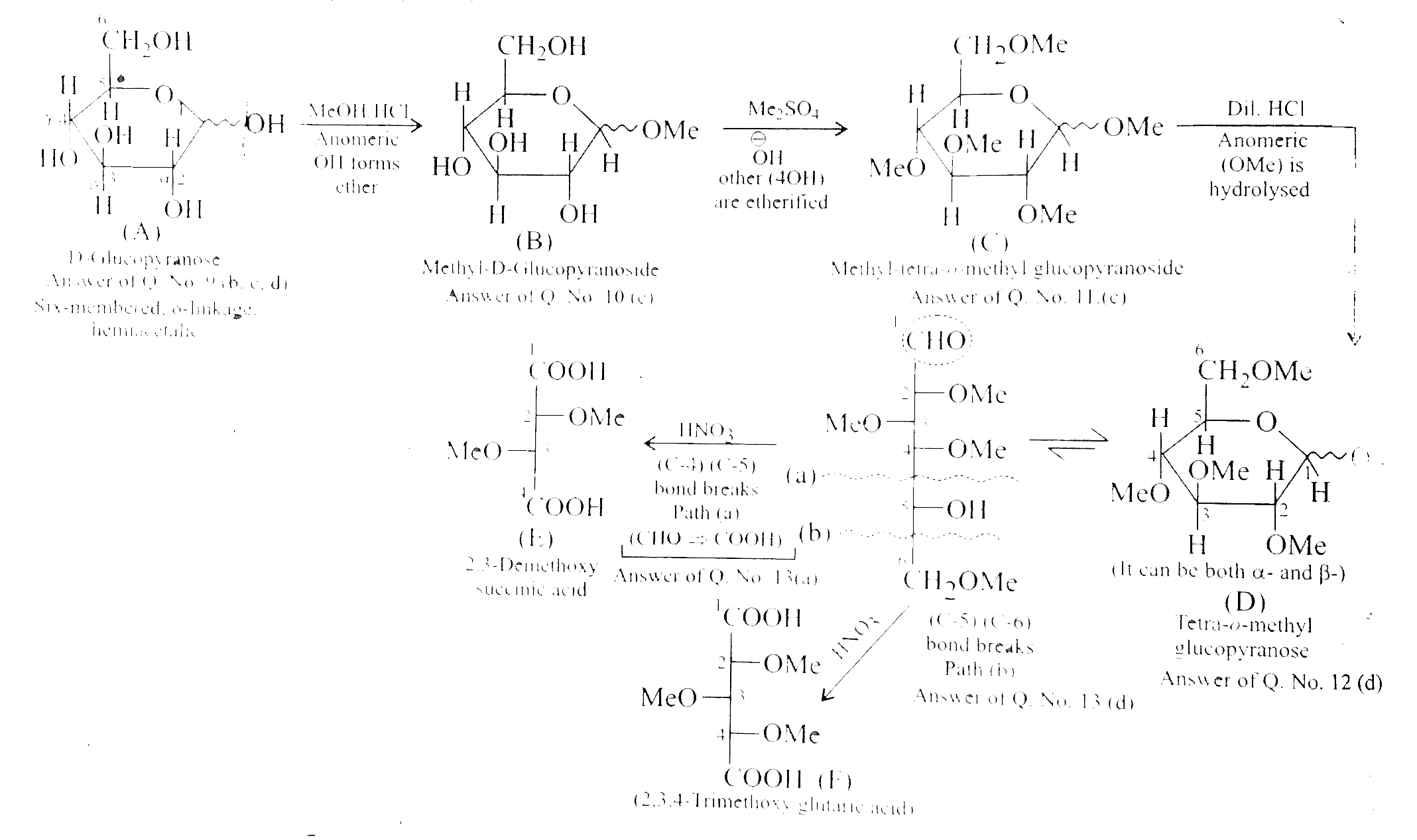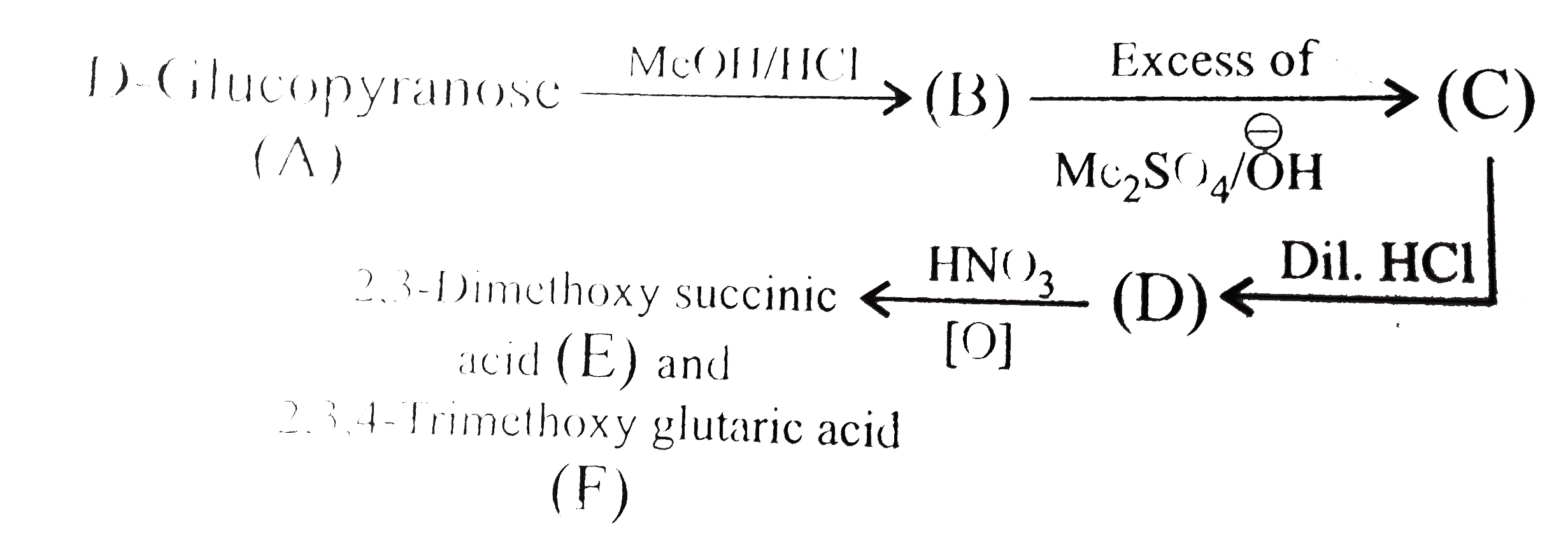
Compound (D) is:
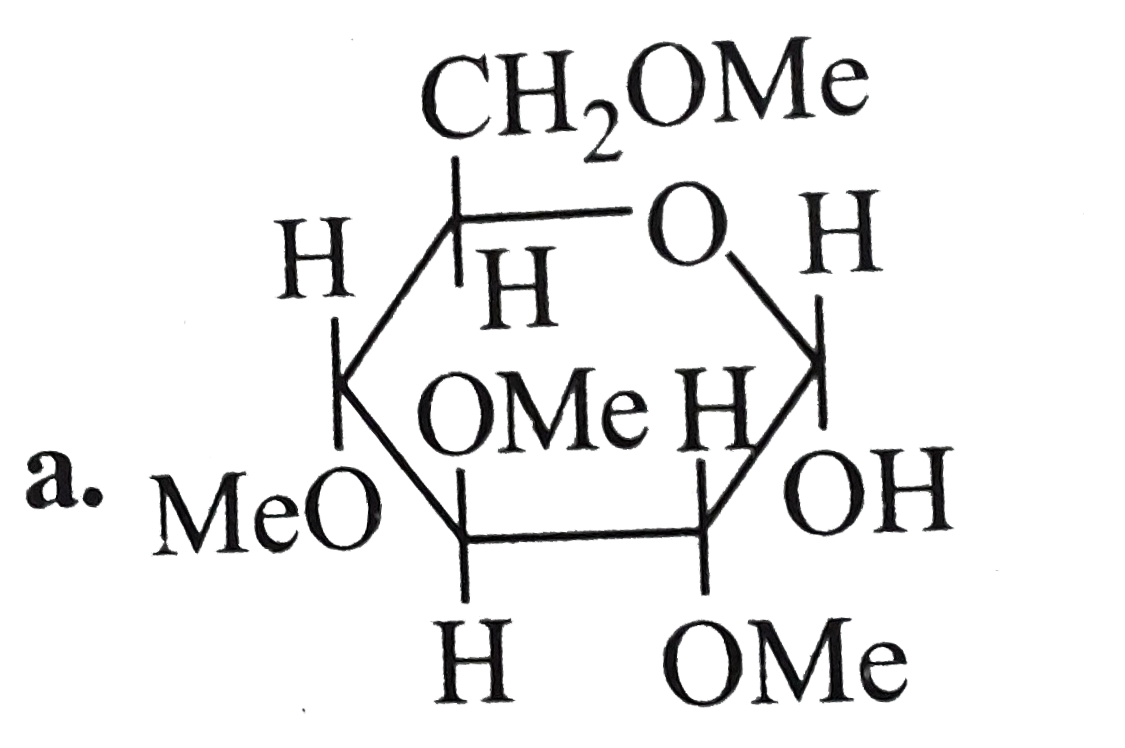
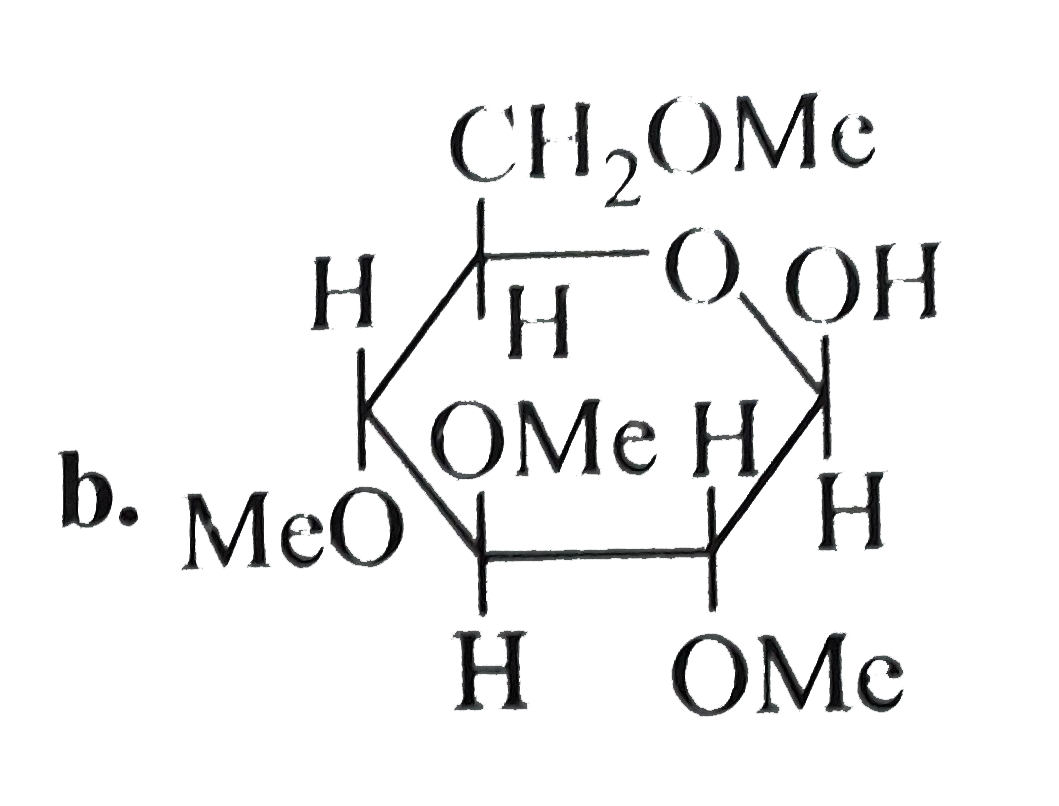
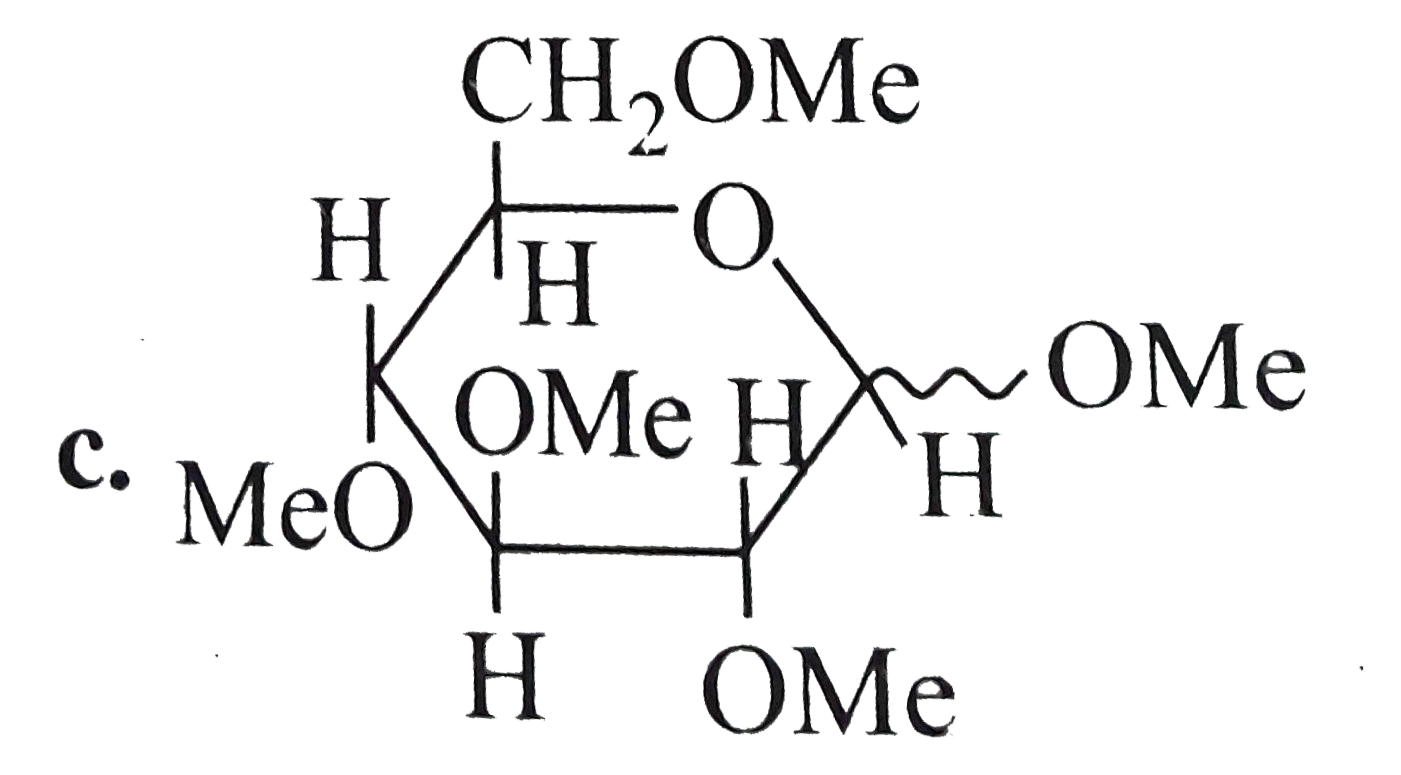
Both (a) and (b)
The correct Answer is:D
Topper's Solved these Questions
- BIOMOLECULESBOOK - CENGAGE CHEMISTRYCHAPTER - BIOMOLECULESEXERCISE - Exercises (Multiple Correcttype)
31 Videos
- BIOMOLECULESBOOK - CENGAGE CHEMISTRYCHAPTER - BIOMOLECULESEXERCISE - Exercises (Single Correcttype)
81 Videos
- BIOMOLECULESBOOK - CENGAGE CHEMISTRYCHAPTER - BIOMOLECULESEXERCISE - Exercises (Concept Application)
25 Videos
- AROMATIC COMPOUNDS AND ALKYL AND ARYL HALIDES BOOK - CENGAGE CHEMISTRYCHAPTER - AROMATIC COMPOUNDS AND ALKYL AND ARYL HALIDES EXERCISE - Archives Subjective
18 Videos
- BIOMOLECULES, POLYMERS AND CHEMISTRY IN EVERYDAY LIFEBOOK - CENGAGE CHEMISTRYCHAPTER - BIOMOLECULES, POLYMERS AND CHEMISTRY IN EVERYDAY LIFEEXERCISE - QUESTION BANK
8 Videos
Similar Questions
Match each of the following four structures with one of the compound A-D on the basis of the following experimental facts
Compound (A),(B) and ( C ) are optically active, but compound (D) is not
Compound (C ) gives the same products as compound (D) on treatment with periodic acid, But compound (B) gives a different product.
Compound (A) does not react with periodic acid.

Compound A-D are respectively?
View SolutionWhen an oxide of manganese (A) is fused with KOH in the presence of an oxidising agent and dissolved in water, it gives a dark green solution of compound (B). Compound (B) disproportionates in neutral or acidic (C ) oxidises potassium iodide solution to a compound (D) and compound (A) is also formed. Identify compounds A to D and also explain the reactions involved.
View Solution
Knowledge Check
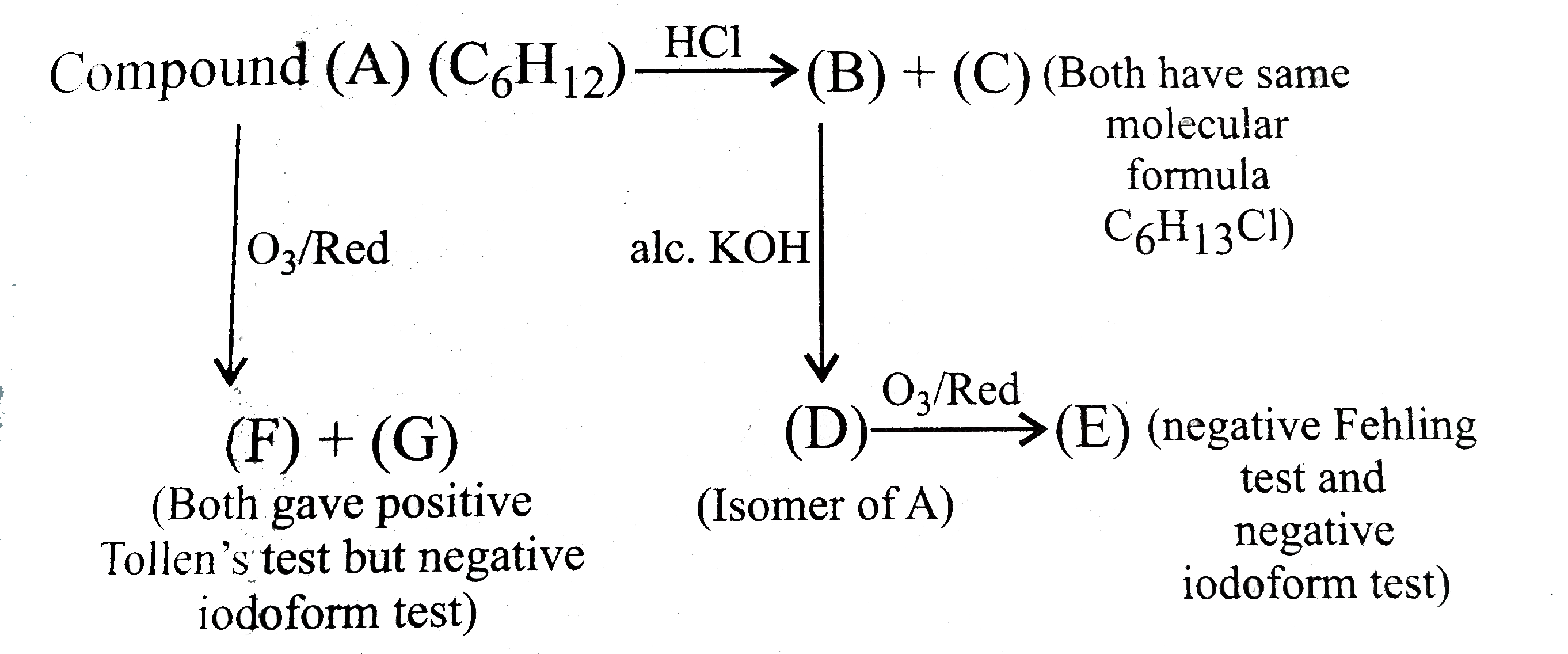
The compounds (D) is:Aa. Bb.
Bb.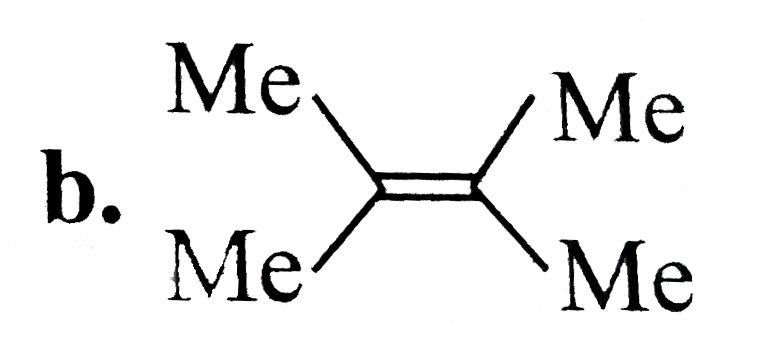 Cc.
Cc. Dd.
Dd.
An inorganic red coloured compound (A) on heating gives a compound (B) and a gas (C). (A) on treatment with dil. HNO3 gives compound (D), brown colour substnace (E) and a neutral oxide (F). Compound (D) on warming gives off again gas (C). Then, (E) will be
AMn3O4BPbO2CPb3O4DFe2O3
Identify structure of compound (D).A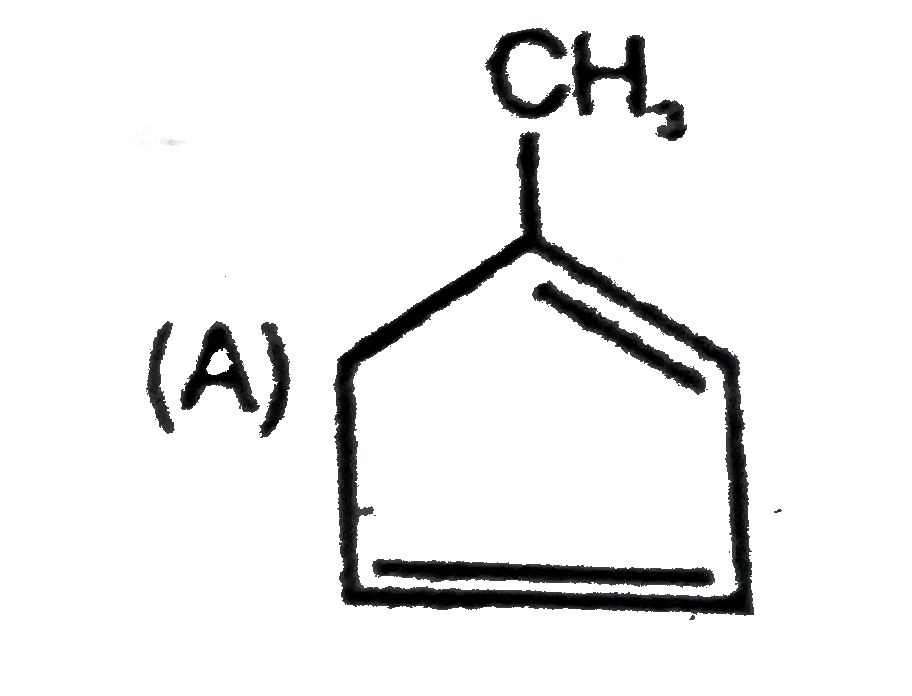 B
B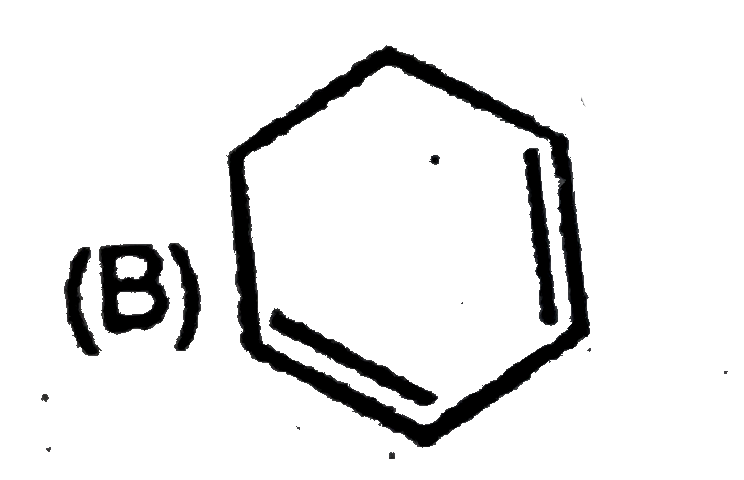 C
C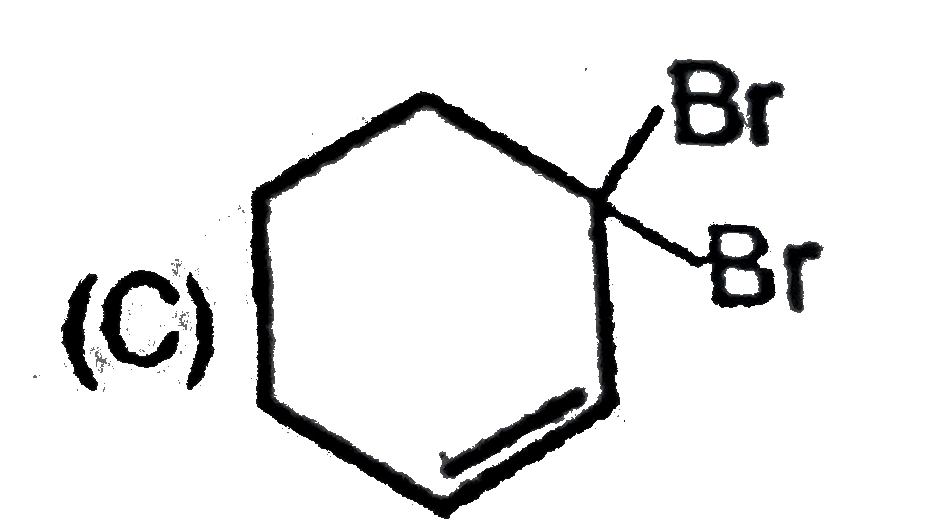 D
D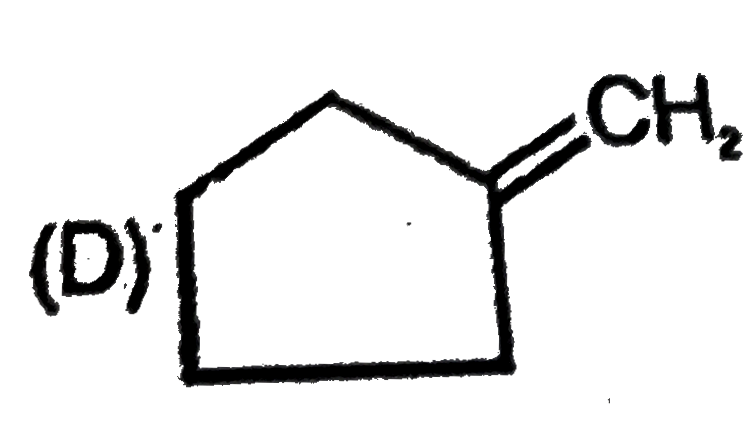
The compound (C) is changed into a compound (D) when its aqueous solution is boiled.
View Solution(A)(Dark purple almost black)Δ−−→(B)(Green)+(C)(Black)+(D)
Find the number of correct statements:
(a) Compound B is K2MnO4
(b) Compound C is MnO2
(c) Compound D is O2
(d) Compound B is paramagnetic in nature
(e) Compound D has two unpaired electrons in bonding molecular orbital
View Solution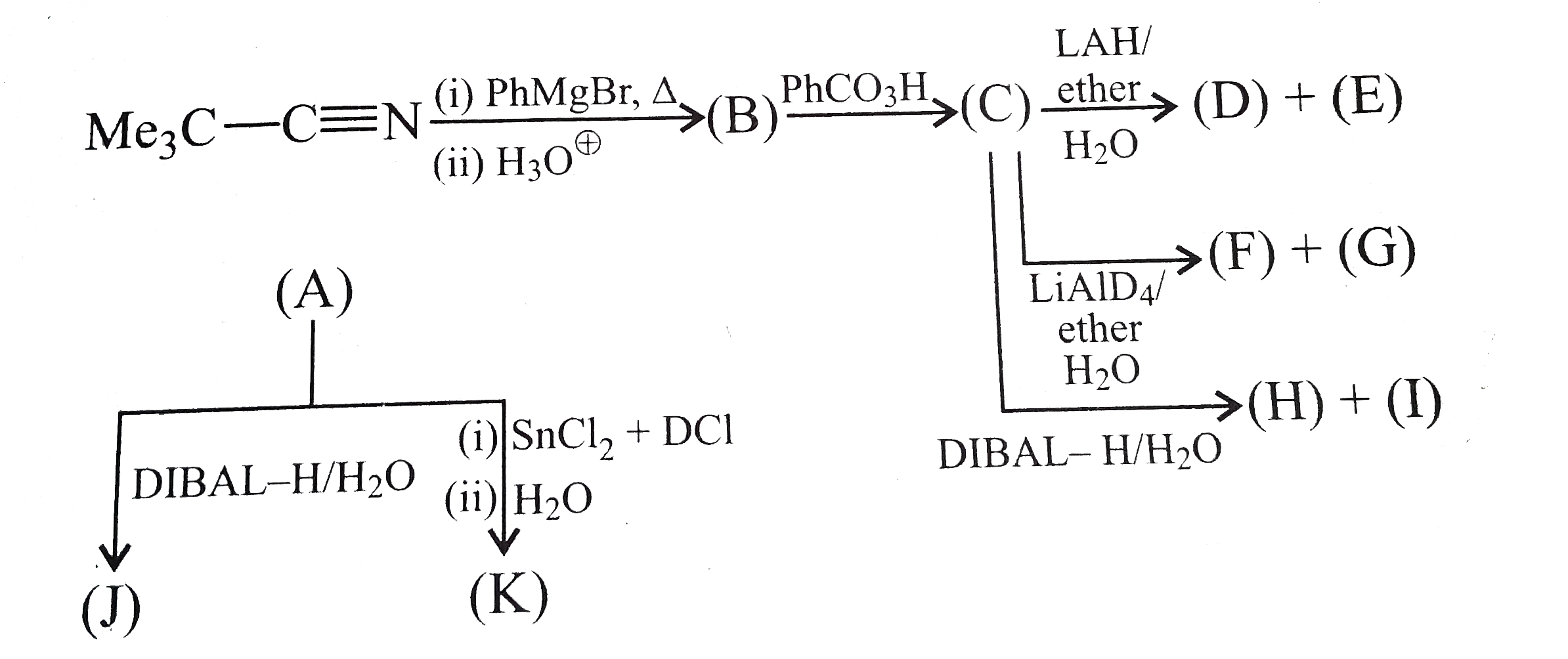
The compounds (D) and (E) respectively are:
View Solution
The compounds (D) and (E ) are:
View Solution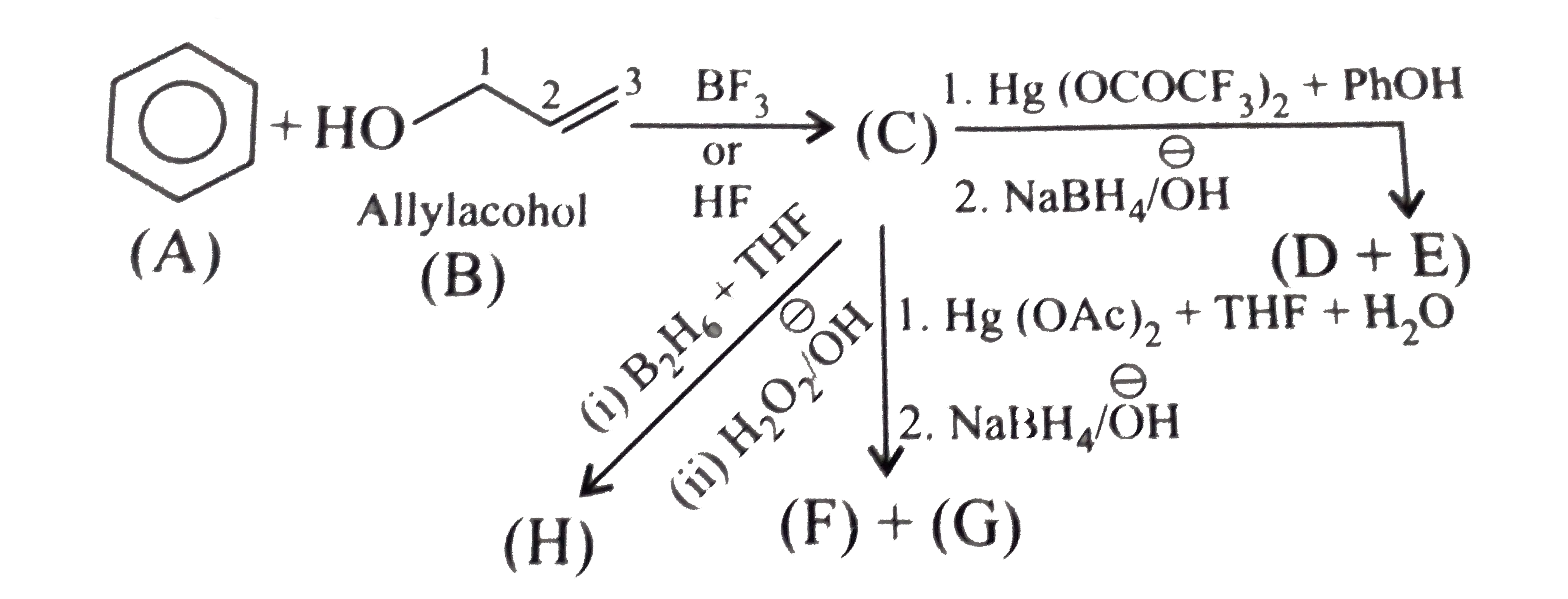
The compounds (D) and (E ) are:
View Solution

